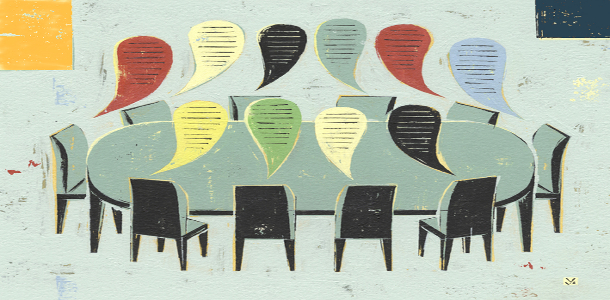




Posted by laurajane on May 14, 2018 in Uncategorized | Comments Off on Backhanded phrases courteous communicators avoid
Backhanded phrases courteous communicato...
Have you ever received feedback or comments from colleagues that begin with the phrase “with all due respect”? The phrase is typically used by someone who wants to criticize you or your work, but that person feels the need to soften the message. Of course, “with all due respect” means nothing of the sort. It indicates willful disagreement with someone in a position of authority; subtle disrespect is intended. Here’s an example in context, pulled from a colleague’s email: “With all due respect, I differ with your perspective that my content was a ‘sales...

10 exercise to help you escape the writi...
Having trouble coming up with the right words? Unable to string more than a few sentences together? Does it seem like your brain is not cooperating in spite of that looming deadline? Perhaps your brain needs a workout. Consider trying out a new writing exercise . . . constrained writing. It’s just what is sounds like — imposing conditions on your writing, such as disallowing certain types of words or writing to a specific pattern. Imagine writing a short story without using the letter “e” or the word “is.” Writing with a constraint forces you to solve...

Posted by laurajane on Apr 24, 2018 in Uncategorized | Comments Off on 40 alternatives to the word “said”
40 alternatives to the word “said&...
It’s a word used so frequently that it’s become invisible. Read any article in the mainstream media and count how many times the word “said” or “says” is used. In journalism school, we learned that the only word we could use to attribute speech was “said.” This was presented as an unbreakable rule . . . like refusing to sign an oath of loyalty to a 16th century king. Ignore the rule and it’s off to the tower with you. The reason for this restriction is the need to maintain impartiality. When it comes to quoting what someone has said, journalists don’t...

Posted by laurajane on Apr 22, 2018 in Uncategorized | Comments Off on Why the word “significant” is anything but












